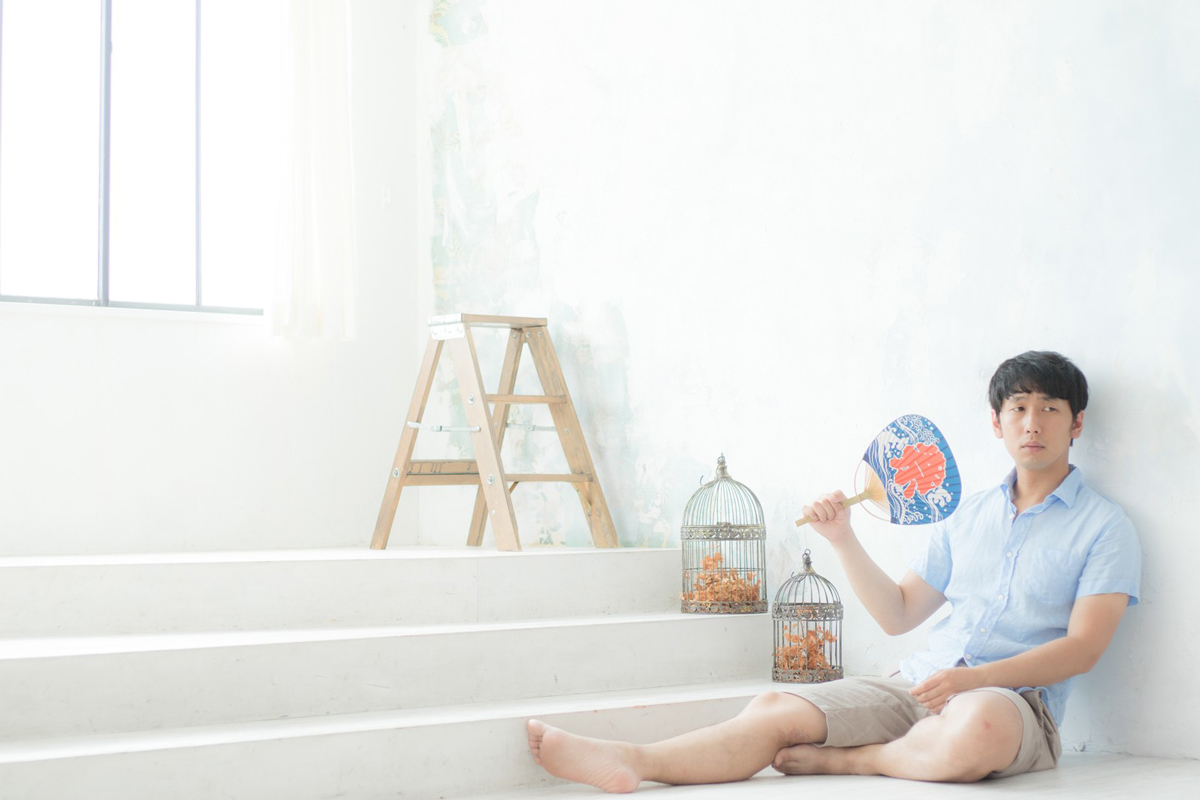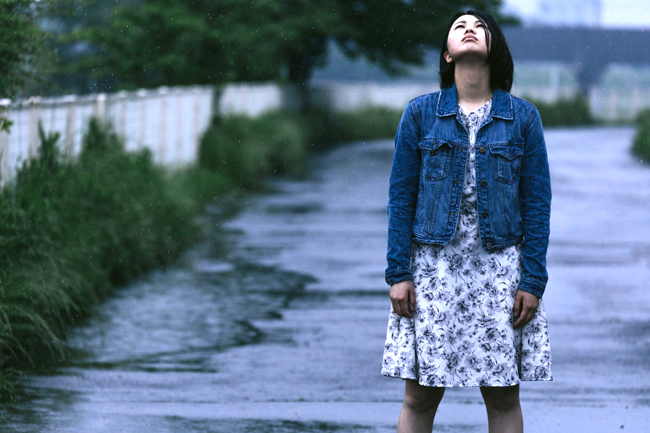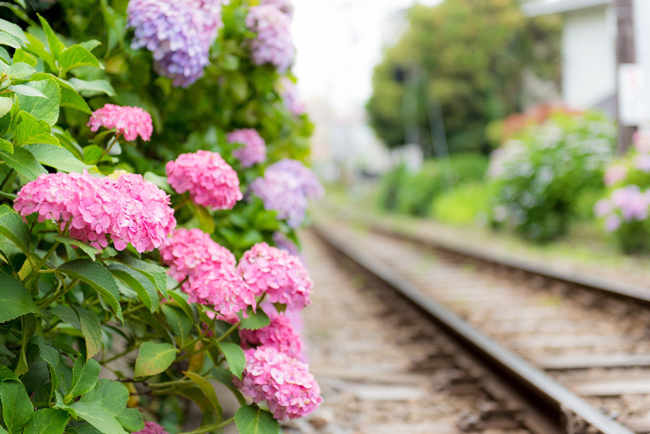Japan’s Humid Summers: A Survival Guide

by Madelaine
Once the rainy season starts, Japan is engulfed in a wave of heat and humidity. The air feels heavy, and life without air conditioning becomes almost impossible. In this article, we give you some tips on how to prevent the damage humidity can cause to you and your belongings.
コンテンツ
What is the Weather like in Summer?
Summer temperatures in Tokyo are around 30-35°C (86-95°F). This doesn’t seem so bad until you also have a look at humidity levels. Japan’s rainy season falls into the summer months, bringing humidity in Tokyo to a monthly average of 75-85% from June through August, peaking in July. According to the Japan Meteorological Agency, this peak even reached 89%! People are said to be most comfortable with humidity around 40%. So, with humidity double the average Joe’s comfort level, it’s no surprise that the air is stifling and you feel exhausted.
Tips for Fighting the Humidity
“If it’s too hot outside, just stay inside!” This is a great plan, and it will work in most places – except your own home. Trains, shopping centers, and convenience stores are AC heaven. Sometimes, these places are so cold that you might need a jacket if you plan on staying there longer than a few minutes.
Your own room though? No chance. Japanese houses are usually not insulated. As soon as you turn your AC off, heat and humidity start creeping in again. Keeping the windows closed will let the air grow stale and make you miserable.
How to Lower Humidity in your Room
Although it might sound like the exact opposite of what you want to do, open your windows every few hours to ventilate the room and let in fresh air. If possible, try creating a path for air to pass through by opening two or more windows. If you only have a small apartment with one main window.
For when the windows are closed, use your AC or a dehumidifier. ACs usually have a “dry/dehumidify” (除湿) setting. Combining the two allows you to decrease both the temperature and the humidity.
For your bathroom, kill two birds with one stone and try taking a cold shower during the day. Not only will the shower cool you down – it also makes it harder for mold to form. If you do find mold in your apartment, take care of it ASAP, but not before looking up safe removal methods. Mainstays include カビキラー and other spray-type cleaning products (use plastic gloves and a mask!).
How to Prevent Unpleasant Smells
Your house is not the only thing at risk. High humidity can impact your clothes too. They might smell even after you washed them, even if there’s no mold on them (yet). This too is the result of the humidity, which makes it easier for bacteria to grow.
Preventing bad smell starts when you wash your clothes. Worn in the humid weather, your clothes will be damp when you toss them on the laundry pile. Leaving them this way, with no way to dry, will lead to unpleasant smells. To avoid this, most Japanese are doing laundry every single day.
To further prevent smell, don’t leave your laundry in the washing machine and dry it outside instead of inside your room. This is easier said than done though since June and July are both months with a lot of rain. Most Japanese apartments are equipped to hang your clothes inside in some way, usually in the bathroom. If you do so, make sure to have the AC blow on the clothes to speed up the drying process.
You can also buy dehumidifying items to get rid of excess humidity in fabrics. They’re available in all shapes and sizes, ranging from small bags or pillows with water -absorbing contents for your drawers to big sheets that fit under a futon (除湿シート). A cheap alternative is newspaper – you can use it for shoes and hats too.
Once your clothes smell the way they should, all that’s left to worry about is a climate-appropriate outfit.
How to Survive Outside
Japanese ladies love to cover up in the summer. Anything available is being used to keep the sun away and the skin white. You don’t have to follow this fashion. As long as you are not visiting shrines and temples, or attending a business function, shoulder-free and short pants are completely acceptable.
For guys, there are still many occasions where short pants and sleeveless are not an option in Japan. Even then short-sleeves, clothes made of cotton, and a cap can help defend against the worst of Japan’s sun. There are also “cool” undershirts and basic clothing items made of materials that dry quickly and will at least help you “look” chill.
Cooling sprays, mists, sheets, sticks – Japan’s shops have many items that may not offer protection from the humidity, but at least help you fend off the heat, even if for a few minutes.
How to Waterproof your Makeup and Perfume
When humidity makes every day bad hair day, but you still want to look good, try some of Japan’s large collection of water-proof makeup. While you are at it, go easy on perfume during the summer months, the heat and humidity will cause oxidation which will change the smell of your favorite perfume to that of a drowned cat.
Try toning it down a notch with citrus, jasmine and other fresh smells. They might not last as long, but you will be happy for it (this goes for guys too).
How to Protect your Food
Back to mold, this time on your food. Japanese summers make your food grow bad a lot quicker. Just putting everything into the fridge won’t do much, but you can prolong your foods lifetime by making sure to not leave wet things in.
Alternatively, you can look for products with drying properties (乾燥剤). You’ve probably seen them many times, these small plastic bags inside the snacks packages. You can get the cheap plastic ones, or classier, aestecically designed versions made from natural materials. In any case, make sure to double-check that 食品用 (“suitable for food products”) is written on the package.
These 5 tips above, should help you make sure that your belongings do not suffer from the humidity. Otherwise, I hope you enjoy the Japanese summer with its seasonal foods, pretty flowers and almost weekly festivals. When seeing one of the fireworks at the end of summer, somehow it was all worth it.
If you still hit a day too hot and humid to bear, grab your wallet, go to your local drug store or 100-yen shop, and shop for the newest gimmicks while cooling down under their AC.
Recommended Posts

May Sickness: A Japanese Phenomenon
10 5月 2021 - Daily Life, Life

Challenging Yourself in Japan: A Retrospective
19 2月 2021 - Work



